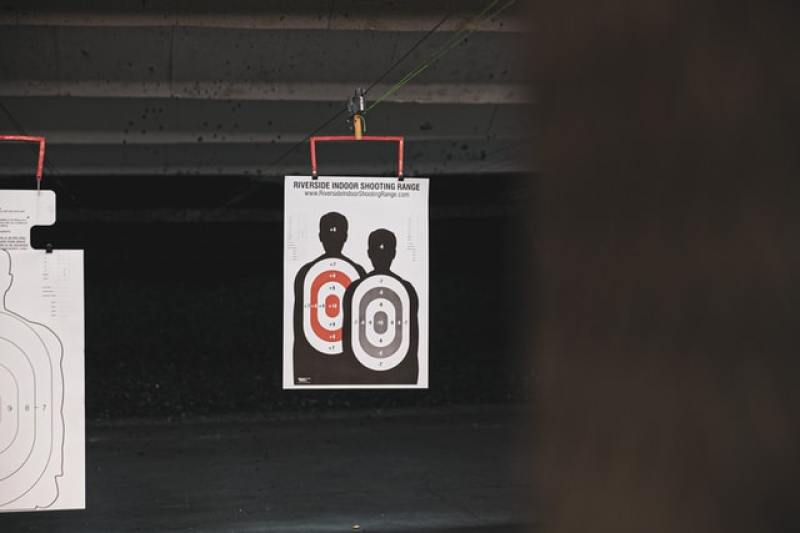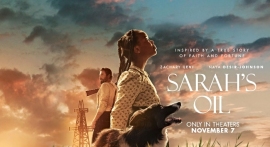
The Supreme Court together with 60 organizations engaged in a discussion on Monday, tackling the issue of donor privacy in the state of California.
Coalitions present were several Christian and Muslim organizations, Planned Parenthood, and a pro-gay human rights campaign. They came together to tackle a high-profile case in which California, in the guise of increasing "transparency" among charities, is forcing them to disclose information about their donors, making them easy targets for today's cancel culture..
According to USA Today, the appeal was brought forward by two conservative groups, including one linked to Republican Charles Koch. These groups claim that their donors wish for their privacy for fear of retaliation from those who do not share their political views. They argued that California's requirement violates the Constitution by forcing donors to face violent repercussions from their political enemies, making it easier for them to fall victim to cancel culture.
During the 90-minute oral argument, Associate Justice Samuel Alito asked, "Do you doubt that donors to organizations that take unpopular positions on hot button issues have reason to fear reprisals if those donations are made public? Do you think that's a legitimate fear in our current atmosphere or do you think it's paranoid?"
According to CBN News, religious rights law firm Alliance Defending Freedom (ADF) reported how the Thomas More Law Center (TMLC), a pro-life faith and family values organization, was a victim of cancel culture after its employees received hate mail, death threats, and harassment from those who opposed their views.
The state of California countered that they are capable of protecting information on charities' donors, but the groups are in opposition. After all, digital files and databases can easily be hacked and leaked to the public.
"Every American should be free to support causes they believe in without fear of harassment or intimidation," ADF Senior Counsel John Bursch argued.
"Given that the California Attorney General's office hardly ever uses supporter information for any purpose, there's simply no justification for forcing charities to disclose their supporters' names and addresses and making freedom of association a pipe dream."
The six Supreme Court justices believe that a potential leak of private information can vilify the California requirement. Justice Clarence Thomas mused, "In this era, there seem to be quite a bit of loose accusations about organizations, for example, an organization that had certain views might be accused of being a white supremacist organization or racist or homophobic, something like that, and, as a result, become quite controversial."
The state of California insists that it is important to have full disclosure of donors, not to create a cancel culture hit list, but to ensure that donors are not involved in fraudulent or nefarious criminal activities, Yahoo! News reported. However, anyone in the state of California or the entire country has access to IRS services, which are responsible for hunting down such activities, so there is absolutely no need for such transparencies.
The possibility of sensitive information being leaked to the public will not only serve as a cancel culture hit list, but may also endanger the lives of the donors, limit donations, and withdraw support from organizations on which so many people depend for services they do not have access to otherwise.

























